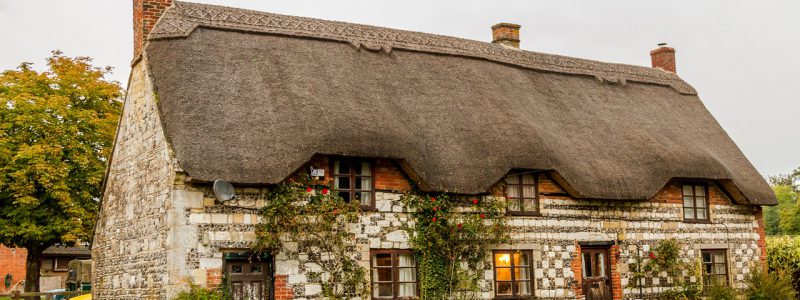
Maintained by the deceased – Inheritance Act claims
The Inheritance (Provision for Family and Dependants) Act 1975 allows claims for ‘maintenance’ from a deceased’s estate by “a person who immediately before the death of the deceased was being maintained either wholly or partly by the deceased” (Section 1(1)(e)). In the case of Kenneth Paul King v The Chiltern Dog Rescue, Redwings Horse Sanctuary [2015] EWCA Civ 581, the Court of Appeal had to review the situation where the person claiming ‘maintenance’ had also been providing ‘services’ to the deceased immediately prior to the death.
The Facts
This case also concerned the question of the conditions necessary for a deathbed gift. We have set out the facts in an earlier blog which is available to read on our website. The relevant points for this blog are that Mr King went to live with his aunt in 2007. The arrangement suited them both –he had a place to live and ‘subsistence’ from his aunt; she had someone to care for him as she became older and frailer. On the aunt’s death, Mr King claimed that she had made a deathbed gift of her house to him. Alternatively, that if she had not made such a gift, he claimed that he fell within section 1(1)(e) of the Inheritance Act 1975 and had been maintained by his aunt before her death.
The judge at first instance agreed that there was a deathbed gift. However, he went on to rule that if he was wrong on that point, Mr King had been ‘maintained’ by his aunt and should receive £75,000 from the estate. The charities appealed on both counts, not only challenging the deathbed gift, but also arguing that the maintenance award was excessive. Mr King also appealed the maintenance award, arguing that he should receive more than £75,000.
The Court of Appeal disagreed with the judge at first instance and held that there was not a valid deathbed gift of the aunt’s house to Mr King. Accordingly, the appeal by the charities, succeeded on this point. However, the Court of Appeal rejected both appeals on the question of maintenance holding that the assessment by the judge at first instance was correct.
- The judge recognised that the relationship between Mr King and his aunt was mutually beneficial, so he had to look at the balance of that relationship.
- He found that Mr King was a dependant of his aunt. The valid will (pre-dating the purported deathbed gift) had made no provision for him, so he was entitled to maintenance under the Inheritance Act 1975.
- The assessment by the judge of the amount of maintenance should stand
Assessing dependency when each is providing the other services or money’s worth
Given that the aunt was providing Mr King board and lodging and essentially supporting him in return for Mr King being her ‘carer’, the court had to assess whether there was a dependence by Mr King on the aunt. The leading case is Jelley v Iliffe [1981] Fam 128. The court must look at the benefit on each side, and whether one person benefited more from the arrangement than the other. The Court of Appeal in Jelley recognised that this was a careful exercise to carry out, and would be a question of evaluating the facts in each case. In this case, the judge at first instance found that Mr King had more benefit from the arrangement than his aunt did, and that he was dependant on her: the provision by the aunt of board and lodgings for her nephew for 4 years amounted to ‘maintenance’. The judge also recognised that the attempts by the aunt to execute a will leaving her property to the nephew amounted to recognition by her of a responsibility towards her nephew.
If you have been supported by a relative or close friend immediately before their death, and their will leaves nothing to you, we can talk you through the logistics and practicalities of bringing a claim under the Inheritance Act. We offer a free claims assessment service, and can usually handle cases on a no win no fee basis.